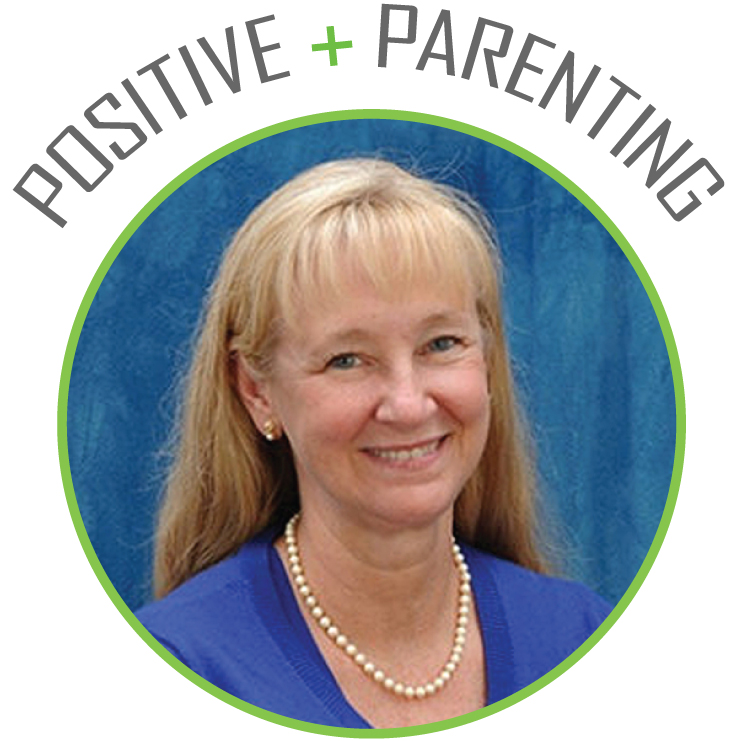Parenting Isn’t Always As Easy as One, Two, Three
By Leslie Lwinski
Have you ever noticed? You’re in a hurry to go somewhere, and your child becomes resistant, slower, even cries and fusses? She spills her milk and you feel exasperated – one more mess to clean up.
You’re trying to leave the playground, and you have a hard time getting your child into the car? You think, “I don’t have time for this!”
All of us at some point long for an easy approach that we can use to just get things done. Or a magic wand or phrase that will turn it all around so that things go smoothly, happily and without any commotion. Being efficient is valued in our society. Being efficient with things makes us more productive, frees up more time and saves energy.
But here is an important difference, pointed out by author and businessman Steven Covey: “You can be efficient with things but not people. With people, you must be effective.”
To be an effective parent, you need to take the longer view and be intentional in choosing tools that will teach your child and help him grow in knowledge, skills, reasoning, emotional intelligence and independence.
Which tools are most effective for raising children? Connection and love, setting firm and kind limits, empathy, problem-solving, and judicious use of consequences when needed. Some tools look effective on the surface, but upon closer examination teach things we really don’t want children to learn: fear, guilt, sneakiness, lying, or that they aren’t valuable and don’t belong.
Yelling and punishment fall into this category. Other approaches – rewards and bribes and counting to three – may seem benign but won’t work for the long haul.
Here are some ideas to get you started:
Child resists and cries when it’s time to leave
Preemptively: Give yourself more time and offer a countdown to ease the transition.
In the moment: Empathize. “You are sad that we have to go. It’s hard to stop when you are having fun.”
Offer choices: “Would you like to walk or I can carry you?” Look for solutions: “We have a problem. You want to play, and I need to leave. How can we both get what we want?”
Listen, and be patient: The more stressed you allow yourself to feel, the more stressed your child will be. No matter what happens, even if you have to be firm and carry her to the car, stay kind and offer empathy. She learns that her feelings matter, that she is important and that sometimes you have to do things you don’t want.
Lesley Iwinski is a Lexington mother of three grown children, a family physician and Executive Director of The Parent and Family Enrichment Center, Inc. and Growing Peaceful Families. She offers classes, workshops and seminars based on the work of author Kathryn Kvols.
Info: (859) 333-3053 or www.GrowingPeacefulFamilies.com.

